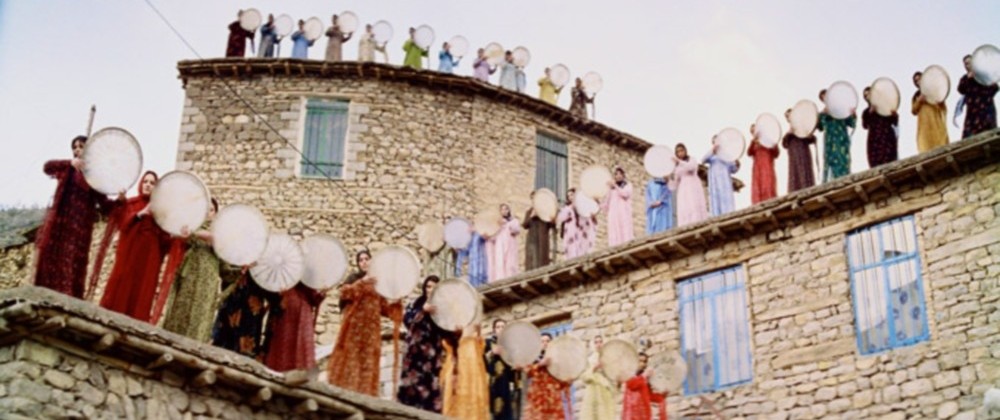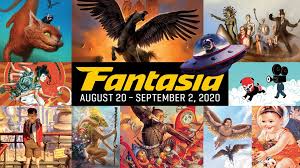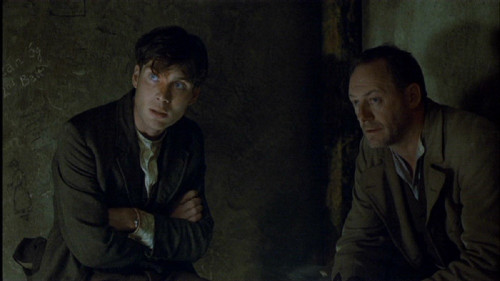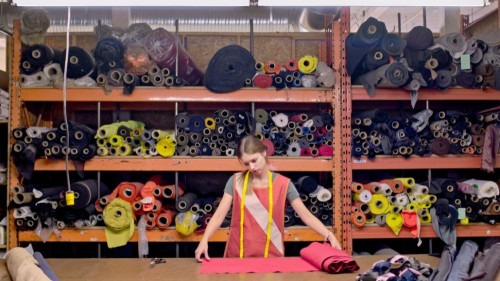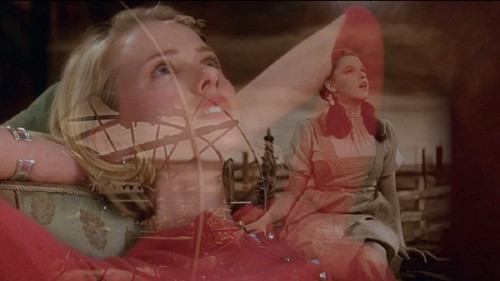Volume 13, Issue 1 / January 2009
Iranian Cinema
In this issue
-
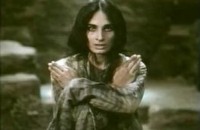
Baizai Returns to Cinema With Cinema: Initial Reactions to When We Are All Asleep
Why Baizai Has Been Absent So Long
-
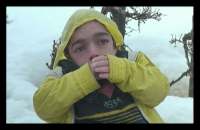
An Interview with Bahman Ghobadi
Art and Hardships
-
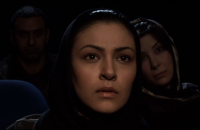
Shirin as Described by Kiarostami
-
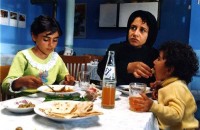
Food for Thought: Sensorium of the Iranian Cinema
-
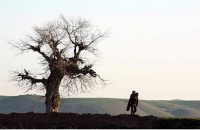
Samira Makhmalbaf’s latest film, Two-Legged Horse
Causes stir at world premiere in Toronto
To start off the new year (or at least by the Western calendar, since the Iranian new year is March 20) Offscreen presents a special all-Iranian issue. The first three articles feature exclusive interviews with three varied and important Iranian directors, two from the same generation (Bahram Baizai born in 1938, Abbas Kiarostami born in 1940) and the younger Iranian-Kurdish director, Bahman Ghobadi (born in 1969). Anyone well-versed in Iranian film culture will not be surprised to discover that, even though Ghobadi and Baizai are from different generations, their interviews have something in common which does not come up in the interview with Kiarostami: a discussion of the trials and tribulations of getting films made in Iran under the watchful eye of the Ministry of Culture and Islamic Guidance (MCIG). Both Ghobadi and Baizai spend considerable time in their respective interviews giving their own perspectives on this matter, while Kiarostami’s interview sticks to questions of style and aesthetics. A perfect response to this issue of aesthetics and politics is provided by Najmeh Khalili-Mahani’s essay “Food for Thought: Sensorium of the Iranian Cinema,” which argues that the burgeoning Iranian middle class has impacted the type of films now being made, with a shift from the metaphorical and transcendental subjects of the New Wave Iranian cinema (innocent and not-so-innocent children, nature, quotidian reality) of the 1990s being replaced by a more ‘sensual’ cinema which circumvents the censorship against conventional means of sensuality (skin, body, hair, etc.) by focusing on more materialist matters (food, cooking, restaurants, dinners, fashion, cars, etc.). Ironically, these ‘senses’ (smell, taste, touch) are the ones that, strictly speaking, cinema is ill-equipped to transmit (which, as the essay suggests, serves the intended purpose). The final piece, by Gilda Boffa, is a review of Samira Makhmalbaf’s latest film, Two-Legged Horse. No stranger to controversy, Samira Makhmalbaf’s Two-Legged Horse, a film dealing with the power relations between a poor disabled boy and the dim-witted boy hired to be his personal porter, is probably Samira Makhmalbaf’s most politically volatile film to date. Fittingly, since no issue on Iranian cinema dealing with the political would be complete without at least one film from a member of the Makhmalbaf Film House! (Donato Totaro, editor)

